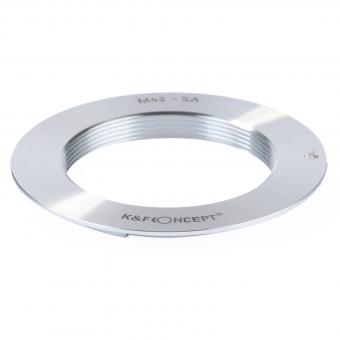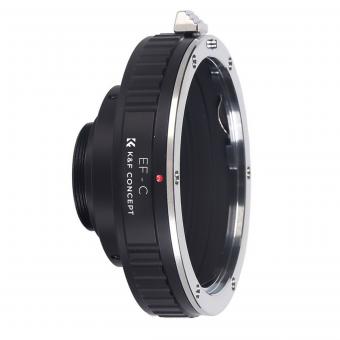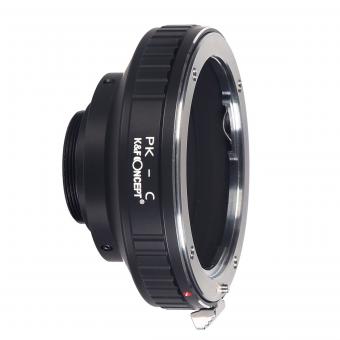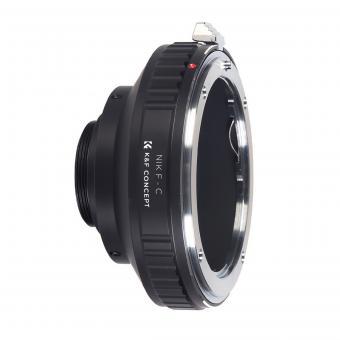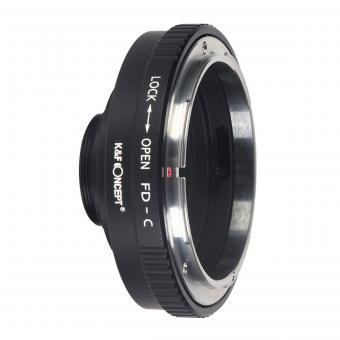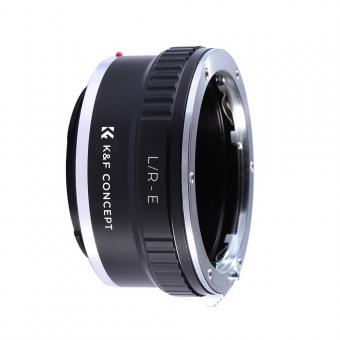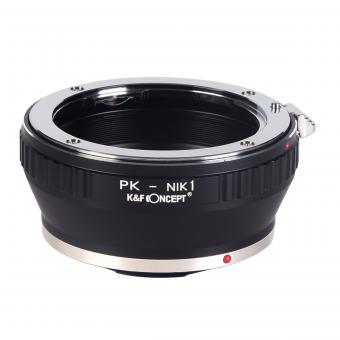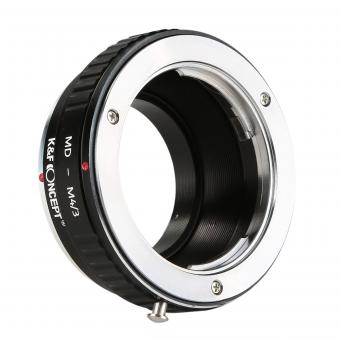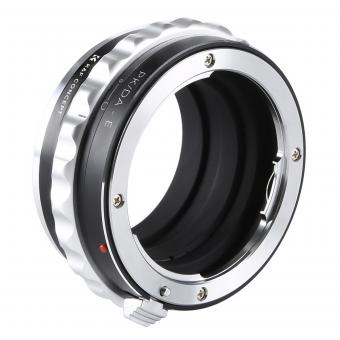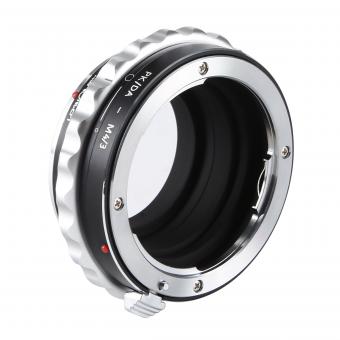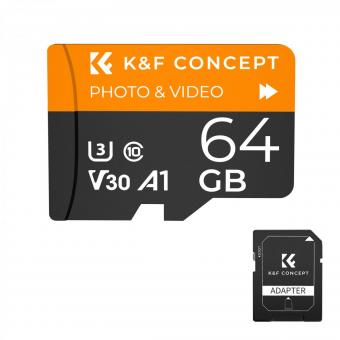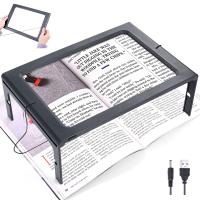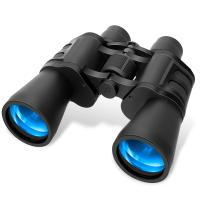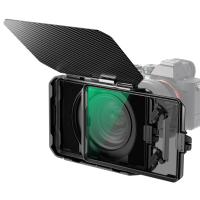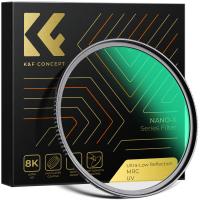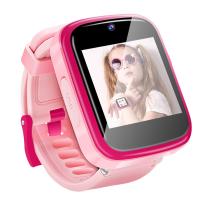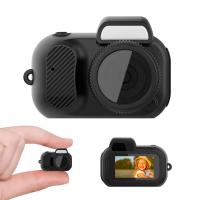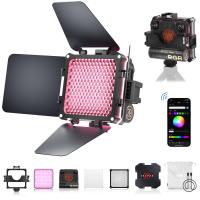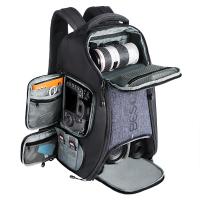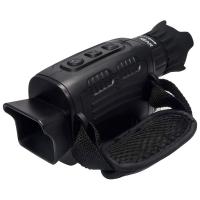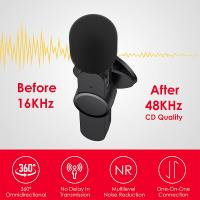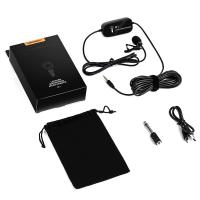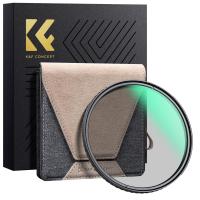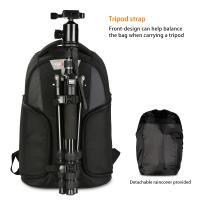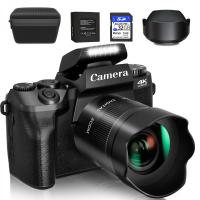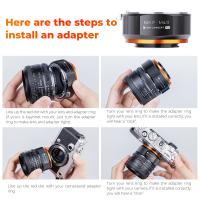Can You Mount Sigma Lenses On Canon Cameras?
When it comes to photography, the compatibility of lenses with camera bodies is a crucial consideration for both amateur and professional photographers. One common question that arises is whether Sigma lenses can be mounted on Canon cameras. This query is particularly relevant given the popularity of both Sigma lenses and Canon cameras in the photography community. In this article, we will delve into the compatibility of Sigma lenses with Canon cameras, explore the different types of mounts available, and provide practical advice for photographers looking to expand their lens collection.
Understanding Lens Mounts
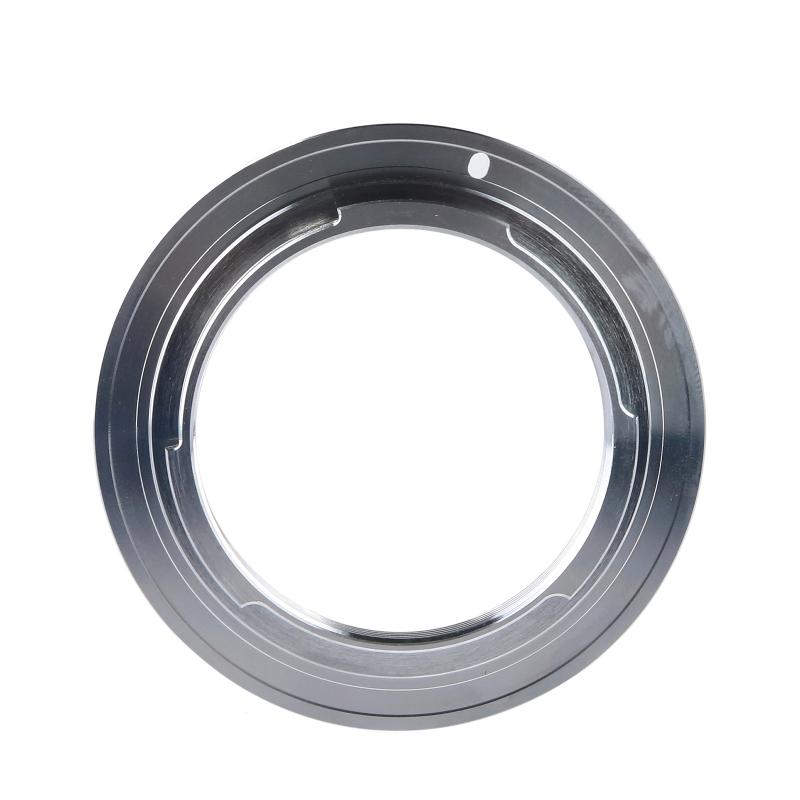
Before we dive into the specifics of Sigma lenses and Canon cameras, it is essential to understand the concept of lens mounts. A lens mount is a mechanical and sometimes electrical interface between a camera body and a lens. Different camera manufacturers use different types of mounts, which means that lenses are not universally compatible across all camera brands. For instance, Canon uses the EF (Electro-Focus) mount for its full-frame DSLR cameras and the EF-S mount for its APS-C DSLR cameras. Canon's mirrorless cameras use the RF mount for full-frame models and the EF-M mount for APS-C models.
Sigma Lenses and Canon Cameras
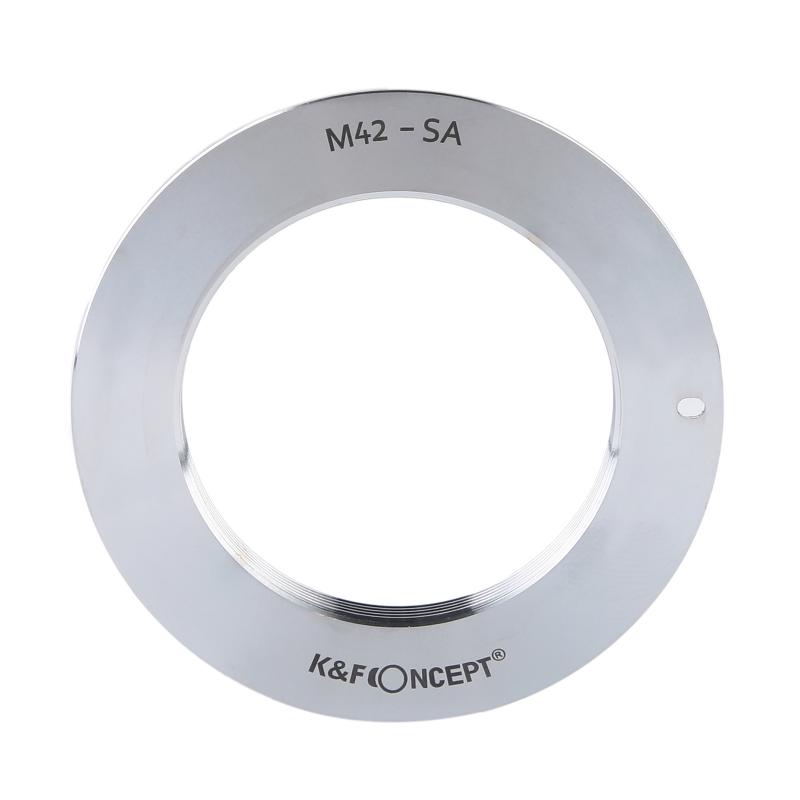
Sigma is a third-party lens manufacturer that produces high-quality lenses compatible with various camera brands, including Canon. Sigma lenses are available in different mounts to fit different camera systems. When purchasing a Sigma lens, it is crucial to ensure that the lens mount matches the mount of your camera body. Sigma offers lenses with Canon EF, EF-S, and RF mounts, making them compatible with a wide range of Canon cameras.
Types of Sigma Lenses for Canon Cameras
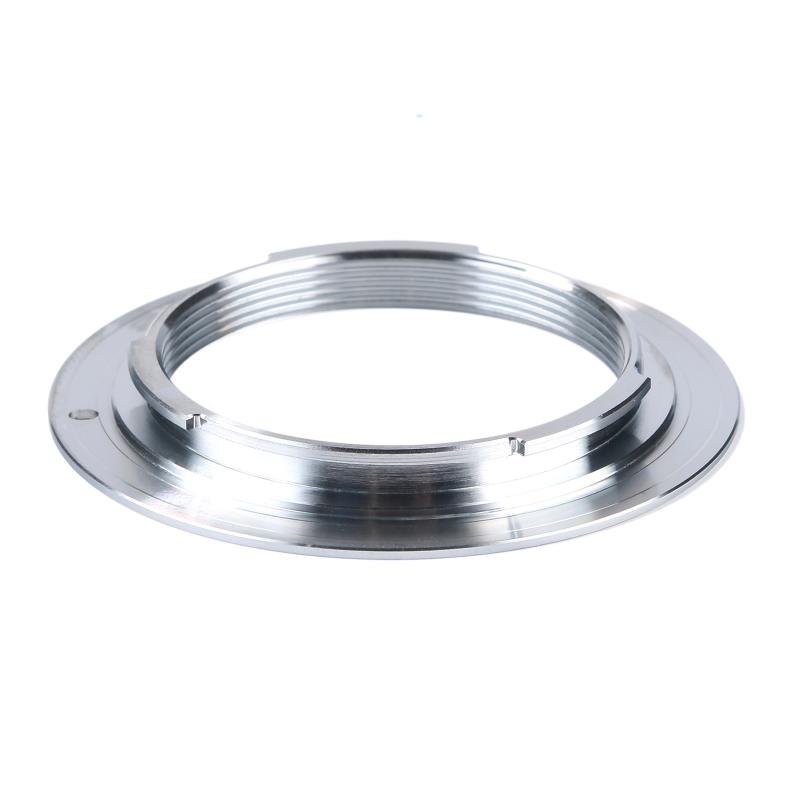
1. Sigma Art Lenses: These lenses are known for their exceptional optical performance and are designed for professional photographers and enthusiasts who demand the highest image quality. Sigma Art lenses are available in various focal lengths and apertures, and many of them are compatible with Canon EF and RF mounts.
2. Sigma Contemporary Lenses: These lenses are designed to be lightweight and compact while still delivering excellent image quality. They are suitable for photographers who need versatile and portable lenses. Sigma Contemporary lenses are available in Canon EF and EF-S mounts.
3. Sigma Sports Lenses: These lenses are built for action and sports photography, offering fast autofocus and robust construction. They are designed to withstand challenging shooting conditions and are available in Canon EF mounts.
Mounting Sigma Lenses on Canon Cameras
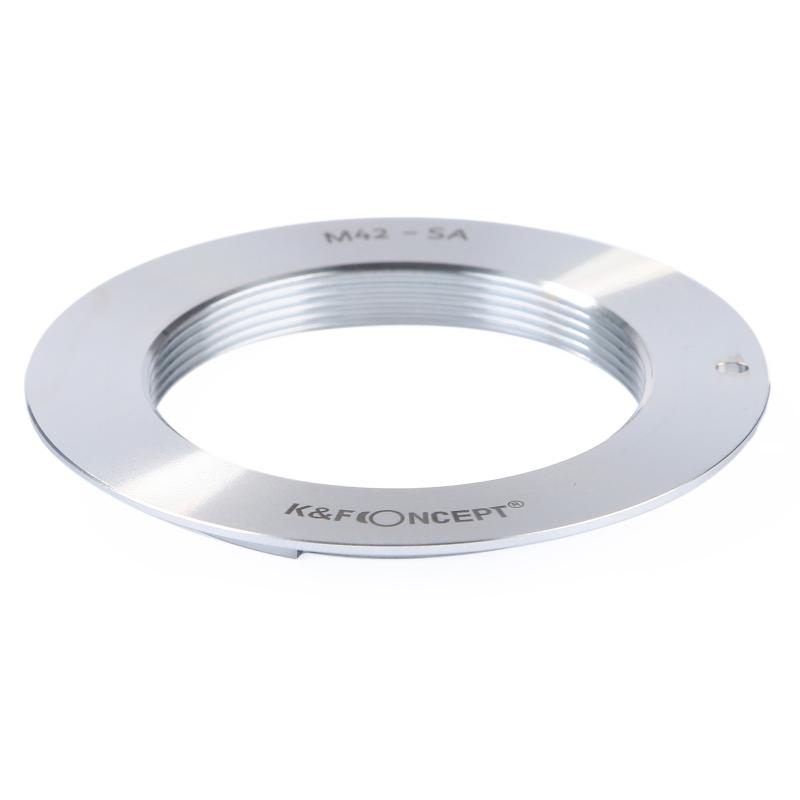
Mounting a Sigma lens on a Canon camera is straightforward, provided that the lens mount matches the camera mount. Here are the steps to mount a Sigma lens on a Canon camera:
1. Check Compatibility: Ensure that the Sigma lens you have is compatible with your Canon camera's mount. For example, if you have a Canon DSLR with an EF mount, you need a Sigma lens with an EF mount.
2. Align the Mounts: Align the lens mount with the camera mount. There are usually alignment marks on both the lens and the camera body to help you with this.
3. Attach the Lens: Gently insert the lens into the camera mount and rotate it until it clicks into place. This indicates that the lens is securely attached to the camera.
4. Test the Lens: Turn on your camera and test the lens to ensure that it is functioning correctly. Check for autofocus performance, aperture control, and image stabilization (if applicable).
Adapters and Converters
In some cases, photographers may want to use Sigma lenses with Canon cameras that have different mounts. For example, you might have a Sigma lens with an EF mount and want to use it on a Canon mirrorless camera with an RF mount. In such cases, you can use lens adapters or converters. Canon offers the EF-EOS R mount adapter, which allows you to use EF and EF-S lenses on RF-mount cameras. Similarly, third-party manufacturers produce adapters for various mount combinations.
Autofocus and Image Stabilization
One concern that photographers often have when using third-party lenses is the performance of autofocus and image stabilization. Sigma lenses are designed to work seamlessly with Canon cameras, and in most cases, you can expect reliable autofocus performance and effective image stabilization. However, it is always a good idea to check for firmware updates for both your camera and lens to ensure optimal compatibility and performance.
Firmware Updates
Sigma regularly releases firmware updates for their lenses to improve compatibility and performance with various camera bodies. It is essential to keep your Sigma lenses up to date with the latest firmware. You can update the firmware using Sigma's USB Dock or by sending the lens to an authorized Sigma service center.
Practical Considerations
When choosing Sigma lenses for your Canon camera, consider the following practical aspects:
1. Purpose: Determine the primary purpose of the lens. Are you looking for a wide-angle lens for landscape photography, a fast prime lens for portraits, or a telephoto lens for wildlife photography? Sigma offers a wide range of lenses to suit different needs.
2. Budget: Sigma lenses are generally more affordable than their Canon counterparts, making them an attractive option for photographers on a budget. However, prices can vary significantly depending on the lens type and specifications.
3. Weight and Size: Consider the weight and size of the lens, especially if you plan to carry it around for extended periods. Sigma's Contemporary line offers lightweight and compact options, while the Art and Sports lines are typically larger and heavier.
4. Image Quality: Sigma lenses are known for their excellent image quality, but it is always a good idea to read reviews and check sample images to ensure that the lens meets your expectations.
In conclusion, Sigma lenses can indeed be mounted on Canon cameras, provided that the lens mount matches the camera mount. Sigma offers a wide range of lenses compatible with Canon EF, EF-S, and RF mounts, catering to different photography needs and budgets. By understanding the compatibility and practical considerations, photographers can make informed decisions and expand their lens collection with high-quality Sigma lenses. Whether you are a professional photographer or an enthusiast, Sigma lenses offer a versatile and cost-effective solution for enhancing your photography experience.

